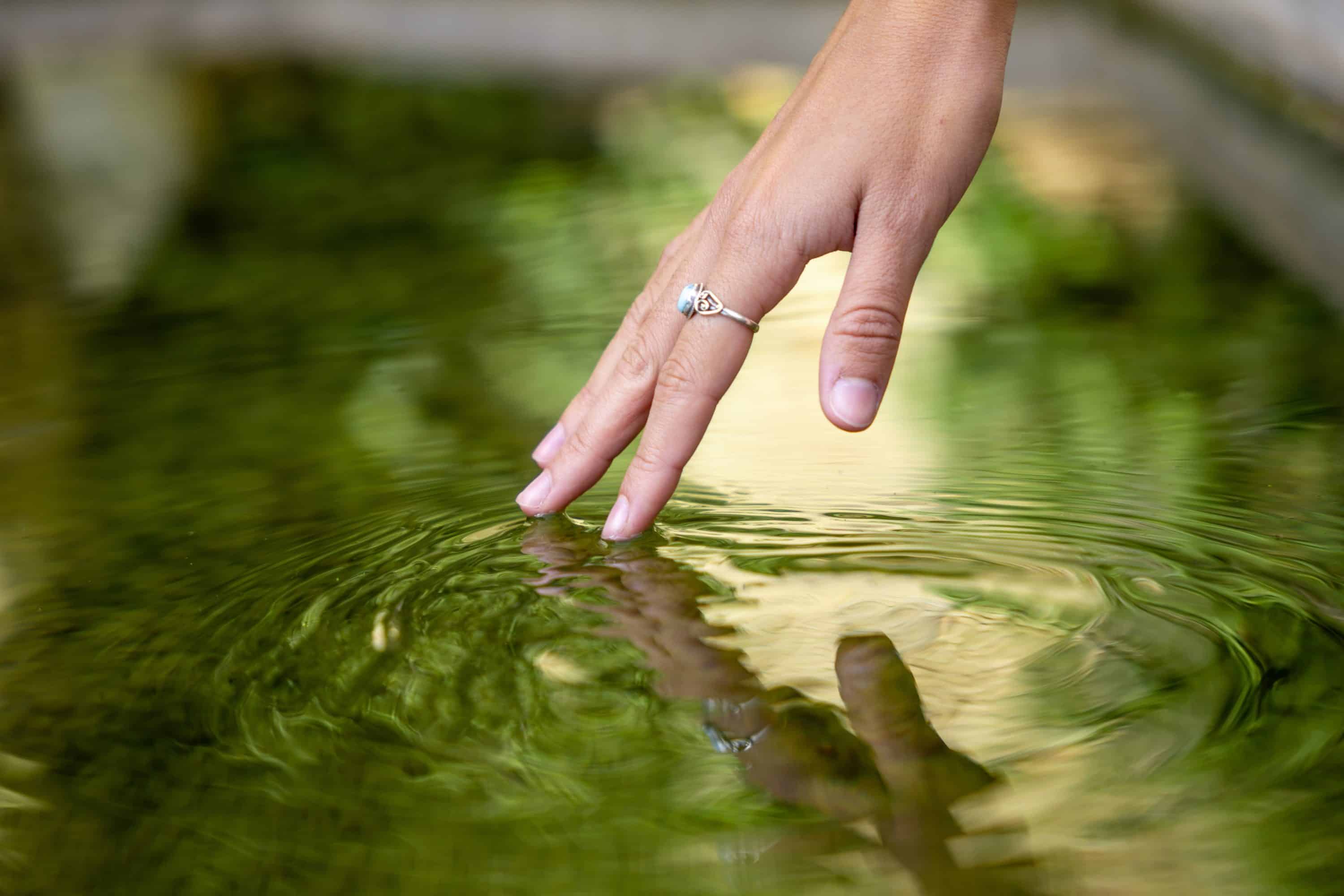An inquisitive nature is a ticket to greater well-being

Throughout history, the phrases “What is …?”, “What if …?” and “Why …?” have perhaps had more of an impact on human progress and development than any others.
For instance, in 1928, while working in his laboratory in London, Alexander Fleming discovered an unexpected mould growing on a petri dish. Rather than discarding the unwanted growth, Fleming became curious and his enquiries subsequently revolutionised medicine with the discovery of penicillins.
On a voyage aboard HMS Beagle in 1831, Charles Darwin became intrigued by the various beaks he saw on Galapagos Island finches. From this observation, Darwin’s curious spirit allowed him to piece together a theory of evolution and natural selection — an idea so transformative that it continues to shape our understanding of life itself.
Throughout early human history, our ancestors curiously observed the migratory patterns of birds, followed herds of animals, and ventured into uncharted territories to seek new resources and opportunities — leading humans out of Africa to every other landmass on Earth.
These tales — and thousands like them — remind us that curiosity is an essential quality within each one of us. In fact, curiosity is so important for our survival and well-being that our brains and bodies literally reward us when we become inquisitive and seek out new information and experiences.

The many benefits of curiosity
Every time we engage our curious nature — whether it be learning a new skill, experiencing a new situation, or questioning our previously held paradigms and perspectives — our brain triggers an incredible benefit response:
Increased Dopamine Release: When we are curious and actively seeking information, our brain rewards us with a boost of dopamine.
Enhanced Learning and Memory: When we are curious, our brains are more engaged, leading to better information retention and a deeper understanding of the subject.
Stimulation of Neural Networks: Curiosity can activate different neural networks in the brain, promoting connectivity and communication between various regions. This increased connectivity may contribute to cognitive flexibility and creativity.
Brain Plasticity: Exploring new information and experiences can promote brain plasticity, which is the ability of the brain to reorganise and adapt by forming new neural connections.
Our real challenge lies not in trying to awaken a forgotten trait, but rather in recognizing that we do thirst for knowledge and understanding
In turn, these physiological triggers have long-term, beneficial impacts on our health, happiness, and well-being:
Reduced Stress: Engaging in activities that spark curiosity can distract the mind from stressors and promote a more positive mental state.
Better Emotional Well-being: Exploring new things and gaining knowledge can contribute to a sense of accomplishment and satisfaction, leading to improved emotional well-being.
Increased Energy and Motivation: Pursuing one’s curiosity often involves a sense of purpose and motivation. This motivation can lead to increased energy levels and a willingness to overcome challenges.

Recent research shows that curiosity is not just limited to children, but it remains an innate quality in adults as well. In fact, as we grow older, our curiosity may even intensify. So, our real challenge lies not in trying to awaken a forgotten trait, but rather in recognising that we do thirst for knowledge and understanding and creating opportunities to satisfy this inquisitive nature.
From boosting our mental well-being to expanding our horizons, engaging our curiosity has a plethora of benefits that can truly transform our lives. So, throughout the month of May, let’s dive into inquisitiveness, capture our curiosity, and feed our need for new knowledge and experiences. Ready? Let’s go!
I am making 2024 the Year of Living Deeper and, this month, I am exploring the importance of curiosity and inquisitive exploration.
Join me on Facebook, Instagram, and LinkedIn for regular tools and tips and be sure to subscribe to my monthly newsletter as we dive deeply into the benefits of a curious nature.

